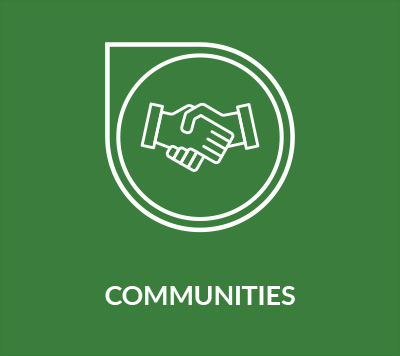Our commitment to the Planet
At Grupo Nueva Pescanova, we are committed to the responsible management of natural resources and the protection of aquatic ecosystems and the environment. For that, we tirelessly promote the maintenance of the quality, diversity, and availability of fishing resources in sufficient quantities for present and future generations. This is our vision of the environmental sustainability of our activities and the only way to guarantee our Group’s operational success and future.
The sustainability of our fishing and aquaculture activities, as well as responsible operations when processing and marketing our products, are key points of our commitment to the Planet:
- We act responsibly in fisheries and aquaculture farming, following our commitment to the FAO’s principles for responsible fishing and aquaculture, and implement their effective verification in our operations.
- We work to improve the food production processes in our transformation plants in every country we operate, focusing on efficiency and optimization of the use of natural resources, materials, and energy, to continuously improve our performance.
- We are committed to the responsible management of water, energy, and raw materials, minimizing the discharge of wastewater and waste, and atmospheric emissions.
- We identify and assess the environmental impacts derived from our activities and implement projects for their minimization and compensation.
- We comply with the responsible marketing and communication commitment for all our products, in accordance with FAO’s labelling guidelines for fish and fishery products.
Responsible fishing
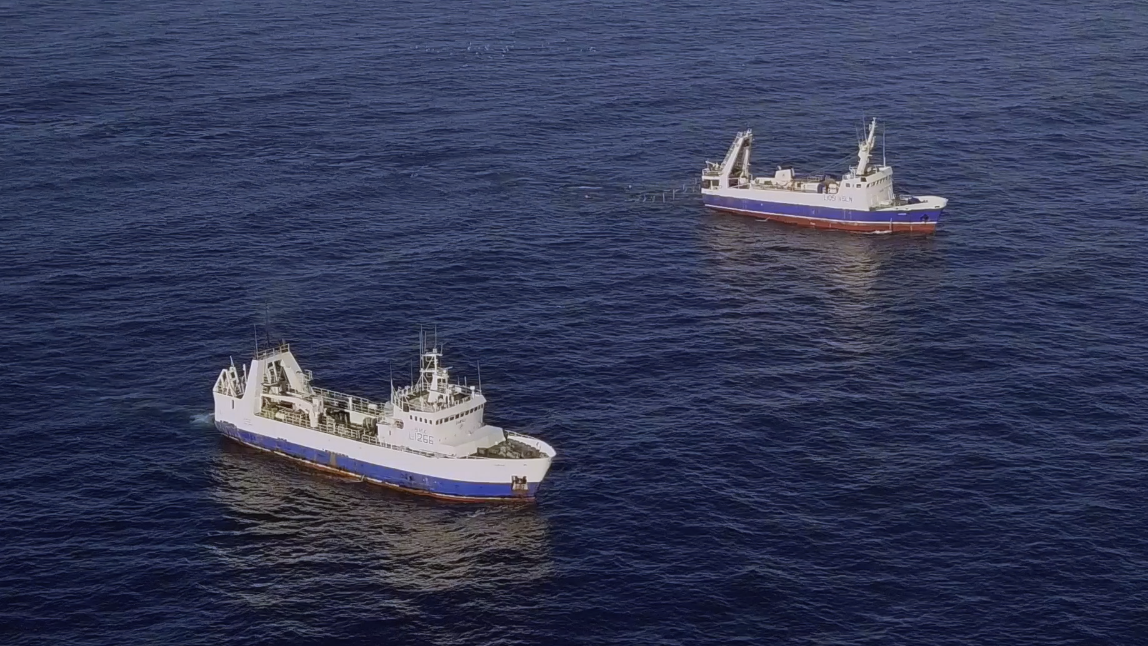
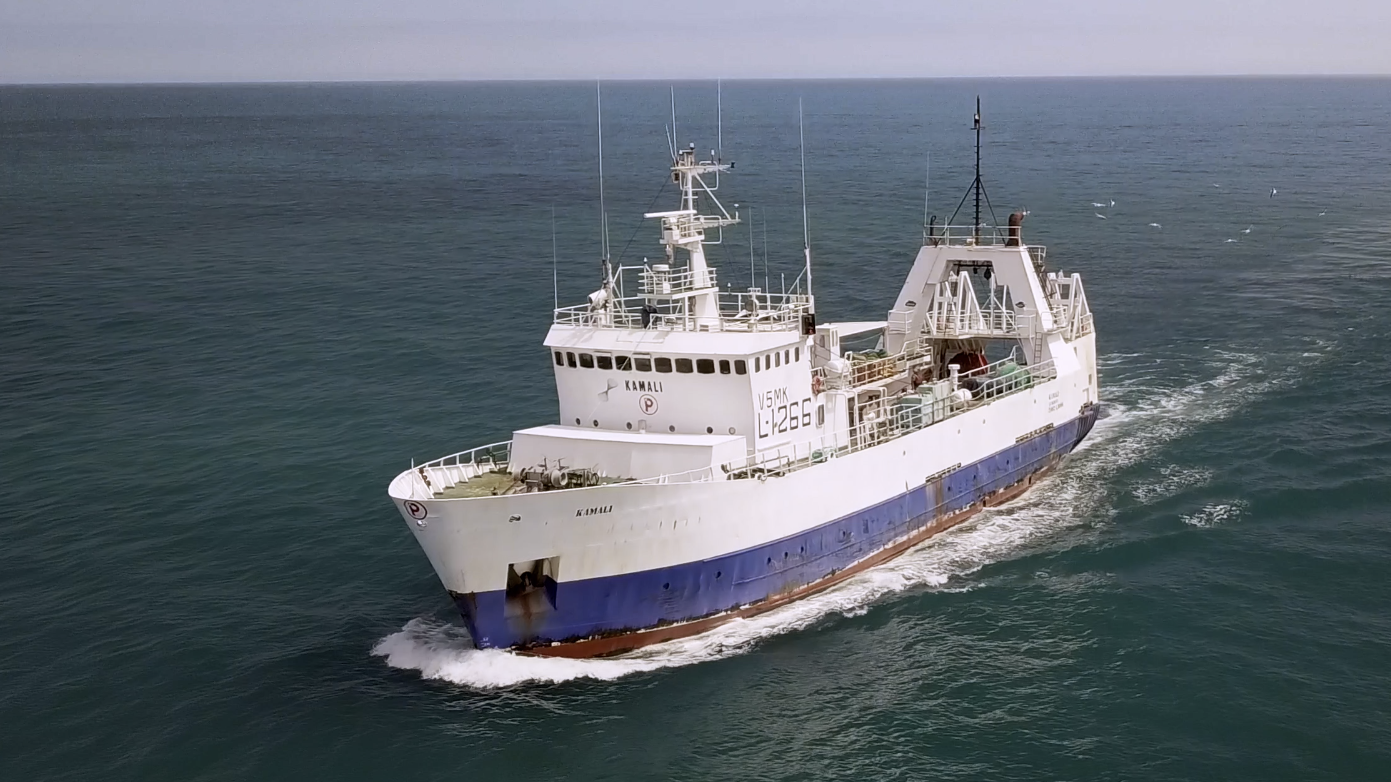
Since the very beginning, the rationalization of the fishing industry and the commitment to the environment have been strategic pillars of Grupo Nueva Pescanova.
We work ethically, complying with FAO’s responsible fishing principles, legal requirements, and international fishing measures, such as minimum sizes, restrictions and fishing stoppages, or selective fishing gear, to ensure the preservation of the fishing stocks.
We actively collaborate with the governments of the countries where we fish, for a progressive improvement of the legal framework and biological management of their marine resources. We collaborate with NGOs and sectoral associations, including Global Sustainable Seafood Initiative (GSSI) and Sustainable Fisheries Partnership (SFP), and participate in fisheries improvement projects (FIPs), with the goal of improving and preserving the health of the fishing stocks.
We are committed to the certification of our fishing activity and the sourcing of our raw materials of fishery and aquaculture origin through the ‘Pescanova Blue’ Sustainability Programme, which includes a scheme for recognizing sustainability evidence – certifications by international standards recognized by GSSI, the Private Standard of Sustainable Fisheries of the Nueva Pescanova Group whose compliance is verified externally by Bureau Veritas, fisheries improvement projects (FIPs) and FishSource scientific profiles.
Governance
We have prepared several governance tools to help managing and improving our fishing activity. Among them, we highlight the Sectoral Policy of Fisheries Responsibility of the Nueva Pescanova Group, in which we reiterate our commitment to conducting our fishing activities in a responsible and respectful way to the marine resources and the environment.
In this Policy of global reach within the Group, we define the principles and goals of responsible action in the fishing activity and we contribute to the promotion of a culture of corporate responsibility based on the creation of value in a sustainable way, preserving the natural environment where we carry out our activity, committed to the well-being and development of the local communities.
As principles of fisheries responsibility, we identify:
- Full compliance with the legal requirements on matters of fishing in the countries where we fish and with the applicable international measures.
- Those principles declared by FAO in its Code of Conduct for Responsible Fishing (CCRF), recognizing it as the necessary framework to guarantee the sustainable exploitation of living aquatic resources, through fisheries conservation, planning and improvement.
- The positive contribution to the conservation and long-term sustainable use of fishery resources, promoting their optimal use and maintaining their quality and availability in sufficient quantity for present and future generations.
To operationalize these principles, we promote:
- The fight against illegal, unreported, and unregulated fishing (IUU fishing).
- Compliance with fisheries management measures to maintain or restore populations to sustainable levels and yields.
- Not participating in fishing or trading of threatened or protected species, or in those which may cause harm to sensitive ecosystems
- Support to governments and their scientific bodies in the development of management plans based on the ecosystem approach to fisheries and application of precautionary criteria to ensure the appropriate management of the exploitation of marine resources, both the human and ecosystem well-being, and an equitable distribution of benefits from that exploitation.
- The implementation of a waste management system in all our fishing vessels.
- The maintenance of a documentation system of relevant information on the fishing activity in the countries where we operate, to facilitate the control and effective management of the fishing planning and management measures.
The goals of the responsible action commitment in fisheries, environment and labour management include:
- The certification of all our fishing captures by sustainability standards, whose principles are aligned, as a minimum, with those of FAO’s responsible fisheries.
- The promotion of fisheries sustainability certification schemes and participation in fishery improvement projects (FIPs) aligned with the CCRF, as a formula for continuous improvement and evidence of fisheries sustainability.
- All our fishing crews are covered by legal contracts, decent and safe working conditions, with fair remuneration, complying with national and international labour standards.
Responsible aquaculture
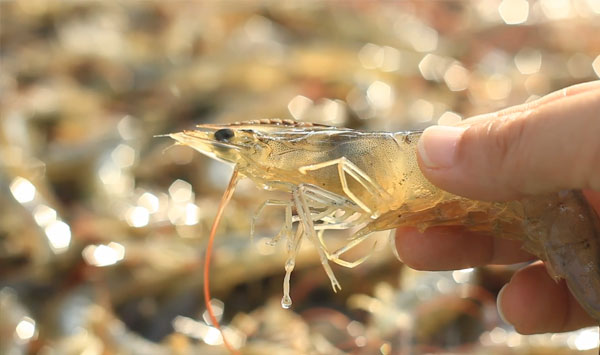
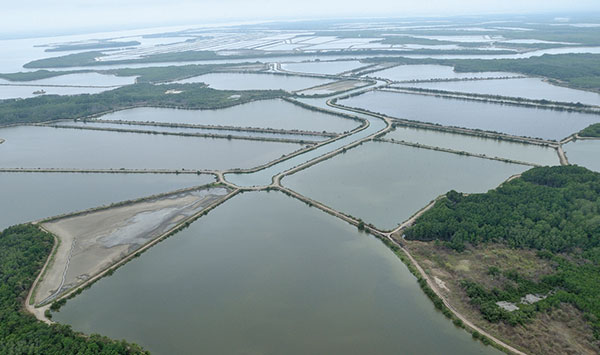
We farm responsibly and invest in both technology and processes to minimize the environmental impact of our activity.
We are committed to sustainable aquaculture in all our production centres, being certified by international standards recognized by GSSI as the best practices in the sector: ASC, GLOBALG.A.P., or BAP.
We launched programmes to measure our performance and to steer environmental compensation, in order to optimize our aquaculture production by improving efficiency of processes, reducing the environmental impacts and compensating residual ones – the initiatives and projects arising from these programmes ensure and document our effort towards aquaculture sustainability in every country where we operate.
We collaborate with research centres and other institutions in aquaculture projects, such as genetic improvement and new species, health and disease prevention, farming efficiency and nutrition, etc.
Governance
As a direct result of the implementation of the CSR principles and plans, we defined the Sectoral Policy of Aquaculture Responsibility of the Nueva Pescanova Group. This governance tool aims to help managing and improving our aquaculture activities and to put down into practice the commitment assumed by the Group in aquaculture farming, for the protection of the ecosystems on which we depend, the rational use of natural resources and the respect for the environment.
In this Policy of global reach within the Group, we define the principles and goals of responsible action in the aquaculture farming activity and we contribute to the promotion of a culture of corporate responsibility based on the creation of value in a sustainable way, preserving the natural environment where we carry out our activity, committed to the well-being and development of the local communities.
We recognize aquaculture as an important source of animal protein that is sustainable, safe, healthy, and controlled, and that allows to reduce pressure on wild stocks.
As principles of aquaculture responsibility, we identify:
- Strict compliance with legislation and measures for spatial and environmental planning, and its development, including the analysis of potential environmental impacts and their mitigation plans.
- Those principles declared by FAO for the development of a responsible, ecologically sustainable aquaculture activity, characterized by the rational use of natural resources and sanitary quality, by minimizing the environmental impact and working in an ethical and transparent manner.
- The positive contribution to the conservation and sustainable long-term use of natural resources and the productive capacity of the ecosystem, promoting their optimal use and maintaining their quality and availability in sufficient quantity for present and future generations.
To operationalize these principles, we promote:
- The pledge that we do not cause negative effects on wild populations of fauna and flora, guaranteeing the viability of species, the functioning of the ecosystem and the conservation of biodiversity.
- The use of animal feed made with raw materials that do not have a negative impact on the natural environment, respecting quality, safety, and sustainability criteria.
- The correct use of preventive or therapeutic products, disinfectants, or other chemical or biological agents, in sanitary treatments to minimize possible harmful effects to the environment, animal welfare or human consumption.
- The commitment to the principles of animal welfare, regarding cultivation media, feed, animal densities, predator control, health, and disease control, at all stages of the process.
- Adequate documentation of environmental performance and compliance with the relevant legal or normative requirements, to facilitate the control and effective management of the aquaculture activity.
- The implementation of a waste management system, ensuring appropriate end-of-life disposal solutions.
- The production, handling, processing, and distribution of aquaculture products conducted in such a way as to maintain their nutritional value, quality, and safety, so that waste of products or natural resources used is minimized.
The objectives of the commitment to responsible action in its aspects of aquaculture, environmental and labour management include:
- The certification of all our aquaculture production by relevant sustainability standards, internationally recognized, and whose principles are aligned, at least, with those of FAO responsible aquaculture.
- The promotion of aquaculture sustainability certification schemes and participation in improvement projects, governed by the FAO’s CCRF, as a formula for continuous improvement and evidence of aquaculture sustainability.
- That every employee in our aquaculture facilities is covered by a legal contract, decent and safe working conditions, have fair remuneration, in compliance with national and international labour legislation.
The objectives of the commitment to responsible action in its aspects of aquaculture, environmental and labour management include:
- The certification of all our aquaculture production by relevant sustainability standards, internationally recognized, and whose principles are aligned, at least, with those of FAO responsible aquaculture.
- The promotion of aquaculture sustainability certification schemes and participation in improvement projects, governed by the FAO’s CCRF, as a formula for continuous improvement and evidence of aquaculture sustainability.
- That every employee in our aquaculture facilities is covered by a legal contract, decent and safe working conditions, have fair remuneration, in compliance with national and international labour legislation.
Industrial and commercial responsibility


We work responsibly to improve the operational efficiency of our production lines in every industrial center of every country in which we operate, investing in more efficient equipment and processes and in the development and constant search for new processes and technologies.
Based on our Code of Ethics and, as identified in the Corporate Policy on Corporate Social Responsibility, we have developed the Corporate Policy on Industrial Responsibility promoting the sustainability of industrial activities as well as contributing to the promotion of a culture of corporate responsibility based on the creation of value in a sustainable way, preserving the natural environment and committed to the development and well-being of local communities.
We are committed to the certification of all of our industrial centers and for that reason they have been certified by internationally recognized standards such as ISO, IFS and BRC.
We are committed to the responsible and ethical commercialization and promotion of our products. We support and sign codes of good business practices and responsible self-regulation and communication programs.
Environmental management
 We are committed to protecting our environment and the marine ecosystem. For that, we work to improve the environmental performance of our fishing, aquaculture, industrial, and commercial practices.
We are committed to protecting our environment and the marine ecosystem. For that, we work to improve the environmental performance of our fishing, aquaculture, industrial, and commercial practices.
We operate responsibly on land and at sea by complying with legislation, standards, and guidelines on fisheries, aquaculture, and environment management. We are committed and actively work to certify all our facilities and operations by relevant standards, such as ISO 14001. In addition, we have programmes in place to reduce our environmental footprint and innovate to achieve excellence.
Governance
As a direct result of our Code of Ethics and the principles and plans of our CSR Corporate Policy, we have developed the Sectorial Policy on Environmental Responsibility of the Nueva Pescanova Group.
In this policy, with a global scope within the Group, we define the commitments, principles, and objectives of responsible environmental action, favouring the sustainable management of natural resources, the responsible use of water, energy, and materials, as well as the conservation of biodiversity and the fight against climate change. Likewise, we want to foster a culture of environmental responsibility in the Group that contributes to preserving the natural environment wherever we operate.
We are committed to:
- Contribute to the conservation of biodiversity and protect the ecosystem services offered by natural ecosystems, where applicable.
- Minimize our contribution to global environmental impacts.
- Progressively reduce the environmental impact per unit of production of our activities, with:
- Rational and efficient consumption of raw materials.
- Rational and efficient consumption of energy and the transition to cleaner energy and renewable sources.
- Rational and efficient consumption of water.
- Reduction of greenhouse gas emissions from our activities.
- The correct management and treatment of effluent discharges.
- The promotion of the circular economy.
- Develop these commitments to environmental responsibility through specific plans in all the relevant material aspects and their continuous improvement.
The principles of environmental responsibility are:
- Compliance with environmental legislation.
- Identification of possible environmental risks.
- The consideration of the associated environmental and social variables, and the analysis of their impacts, in the planning and execution of our activities.
- The setting of efficiency objectives for environmental variables, the measurement of their progress and transparency in their dissemination.
- Preservation of the environment, developing actions to mitigate the impact of our activities on the environment by applying continuous improvement actions.
- The dissemination of this Policy among all our employees, and the promotion of environmental awareness among our suppliers, clients, consumers, and our partner communities.
- Opening dialogue with stakeholders.
Specific measures for responsible environmental action are:
- Creating an organizational structure in the field of environmental responsibility.
- Consideration of the environmental factor in risk management and control.
- The preparation of environmental management reports.
- The implementation of environmental management systems (EMS).
- Measuring efficiency in consumption and emissions, setting goals, and monitoring progress.
- The provision of specific budgets.
- Training and information for managers and employees.
- Collaboration with suppliers.
- Participation in international initiatives related to sustainability and environment.









